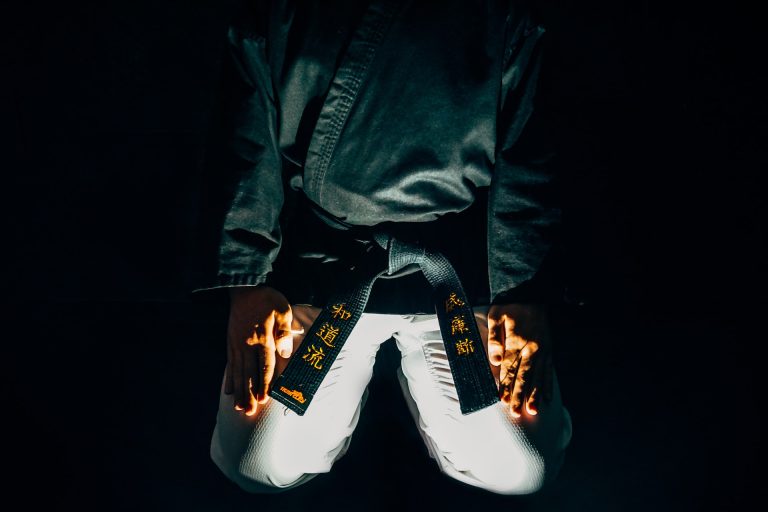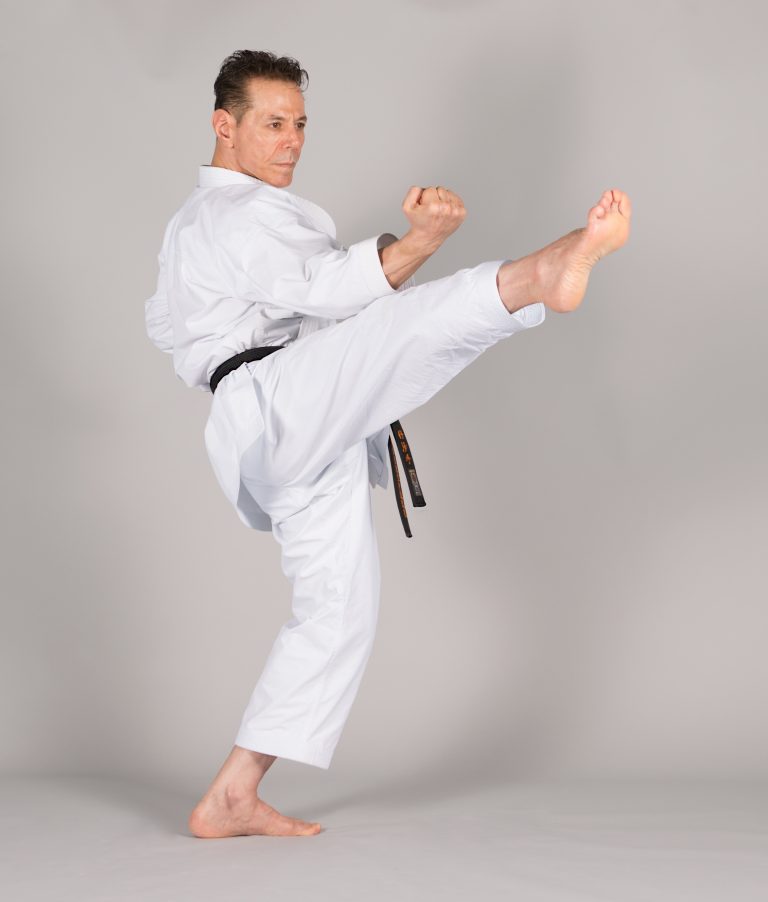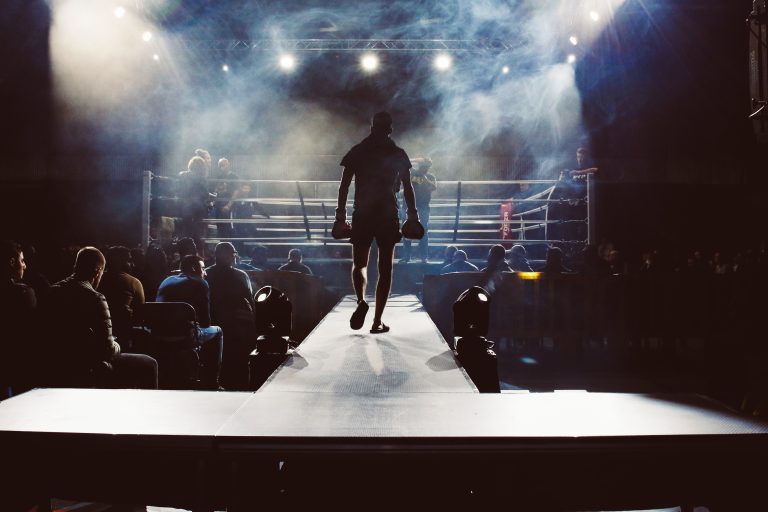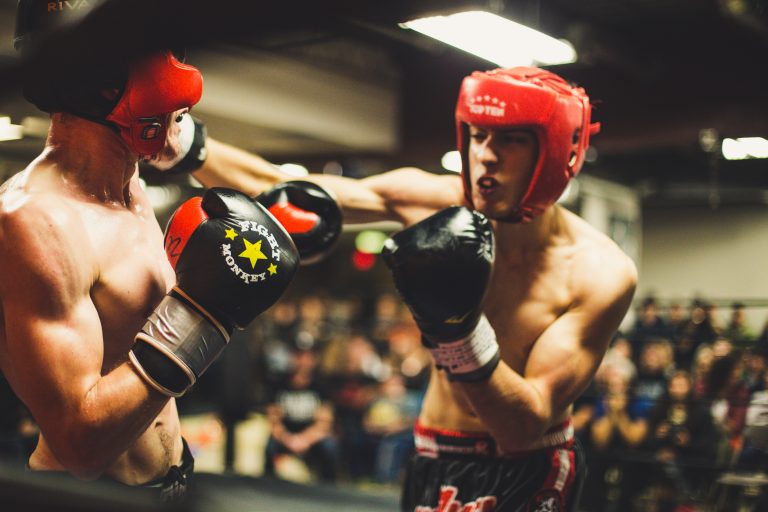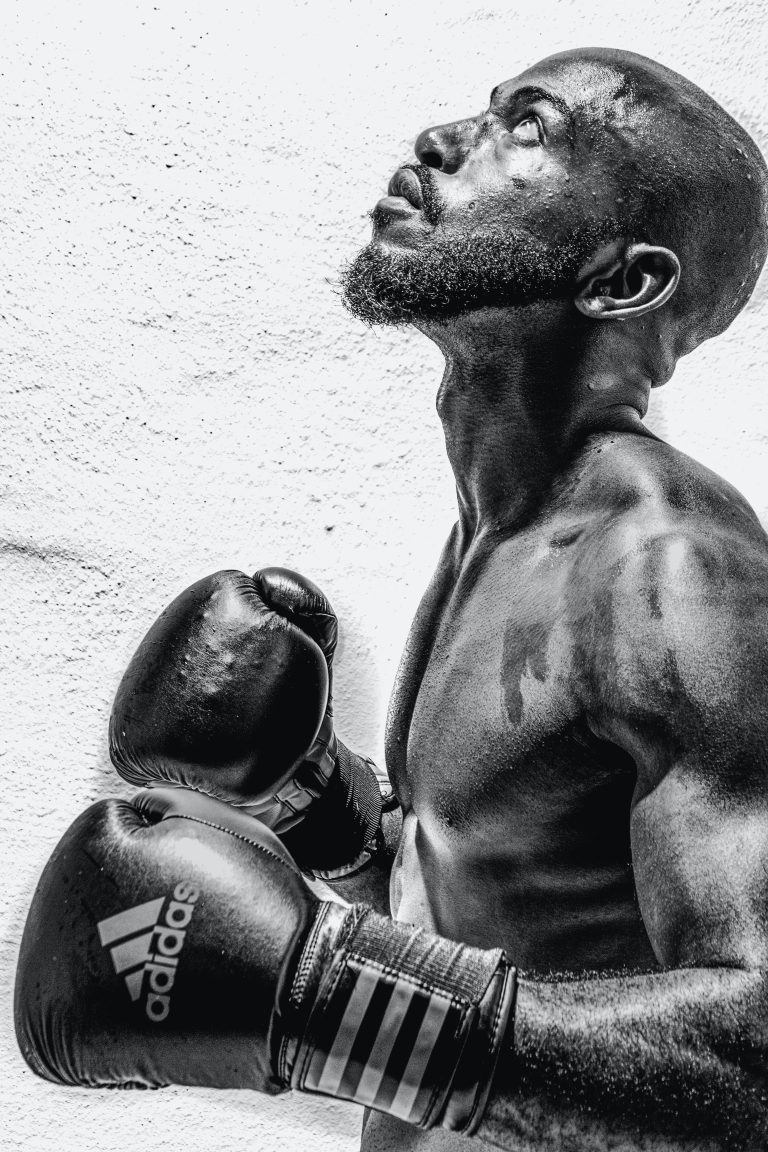Why is Karate Important to Japanese Culture
Japan is a country that is renowned for martial arts, and one martial art that is steeped in history and tradition is karate. Karate, which originated in Okinawa, Japan, is a form of martial art that involves using hands and feet as weapons. Although karate has become popular worldwide, it still holds immense significance in Japanese culture. In this blog post, we will explore why karate is so important to Japanese culture.
The History of Karate in Japan
Karate did not originate in Japan, but rather had its roots in Okinawa, Japan’s southernmost islands. The art was developed as a form of self-defense, as the Okinawans were not allowed to carry weapons by Japanese rulers during the time of the Ryukyu Kingdom. The techniques of karate were passed down orally and practiced in secret by the Okinawan people.
It was not until the early 20th century that karate was brought to Japan. In 1922, Gichin Funakoshi, the father of modern-day karate, traveled to Tokyo and introduced karate to the Japanese public. Funakoshi’s trip to Japan was significant in the history of karate, as it led to the development of various karate styles, such as Shotokan, Goju-Ryu, and Shito-Ryu.
Karate in Japanese Culture
Karate is deeply ingrained in Japanese culture and has a profound impact on many aspects of Japanese life. It is also an important part of the education system in Japan. In fact, karate is taught in many Japanese schools as part of the physical education curriculum. Children as young as six years old can start learning karate and continue to practice it through their teenage years.
Furthermore, the practice of karate is deeply rooted in discipline and respect. Students of karate learn to bow to their sensei (teacher) before and after every training session. This tradition of showing respect to their teachers is an integral part of Japanese culture.
Moreover, karate is also an important aspect of traditional Japanese festivals and events. During festivals, martial arts demonstrations, including karate, are performed in public. It’s also part of the Japanese heritage to perform karate during a tea ceremony, where the focus is on the deep connection between tea, art, and martial arts.
Karate as a Way of Life
Karate is more than just a martial art; it is a way of life. The practice of karate is not just about using physical strength to defeat an opponent; it is about developing mental and spiritual strength as well. Karate is a non-violent discipline that teaches students to control their emotions, develop focus and concentration, and foster respect for others.
When a student practices karate, it becomes a part of their daily life, its principles are integrated into their lifestyle, and they begin to see the world differently. Many people who practice karate talk of feeling a sense of inner peace, and the ability to handle challenging situations with greater ease.
The Future of Karate in Japan
Karate is still a vital part of Japanese culture, and its popularity continues to grow worldwide. Karate was even included in the 2020 Summer Olympics as an official event, marking a significant milestone for the sport.
In addition, karate is also being used as a means of promoting physical fitness and mental health, particularly for the elderly. Many karate centers in Japan offer classes specifically for senior citizens, recognizing the benefits that karate can provide for maintaining physical and mental wellness in later years.
Why is Karate Important to Japanese Culture?
Karate is a martial art that originated in Okinawa, Japan, during the Ryukyu Kingdom era in the 19th century. It is a combination of different methods of self-defense, including punches, kicks, and strikes. Karate has played a significant role in Japanese culture, and it has become a part of their tradition and identity. In this blog post, we will answer the most frequently asked questions about why karate is important to Japanese culture.
What is the History of Karate in Japan?
Karate has a long history that dates back to the Ryukyu Kingdom in Okinawa, which was an independent state within Japan. During this time, the Ryukyuan people developed their own martial art system known as „Ti“. However, when Okinawa was annexed by Japan in 1879, the practice of „Ti“ was banned, and practitioners had to practice in secret. It was then that „Ti“ was renamed „karate“, meaning „empty hand.“ Karate then spread throughout Japan and eventually to other parts of the world.
What are the Values Taught in Karate?
Karate is not just about self-defense; it also teaches important values that promote personal growth and development. One of the core values of karate is respect, which is shown towards instructors, fellow students, and the art of karate itself. Another value is perseverance, which encourages students to push through challenges and obstacles. Karate also teaches self-discipline, self-control, and humility, which are essential qualities for personal and spiritual growth.
What Are The Benefits of Practicing Karate?
The practice of karate has numerous benefits, including physical fitness, mental strength, and character development. One of the most noticeable benefits is improved physical fitness, as karate involves cardiovascular exercise and muscle toning. Practicing karate also helps individuals develop mental strength by improving focus, determination, and self-confidence. Additionally, karate promotes character development by fostering self-discipline, respect, and humility.
How Does Karate Influence Japanese Culture?
Karate has become an integral part of Japanese culture, and it has helped shape their traditions and identity. Karate has been featured in Japanese films, literature, and art, showcasing its influence on their culture. The practice of karate is also celebrated through various events and competitions such as the World Karate Federation Championship, which is held annually in Japan. Overall, karate has become a symbol of Japanese culture, and it continues to inspire new generations to learn and practice the martial art.
How to Learn Karate and Its Importance in Japanese Culture
Japan has a rich cultural heritage that has fascinated people worldwide. One aspect of Japanese culture that has gained prominence is karate, a martial art discipline that originated in the Ryukyu Kingdom. With its emphasis on self-defense and physical prowess, karate has become popular throughout the world, with millions of people training in it. If you’re interested in learning more about karate and its importance in Japanese culture, here is a step-by-step guide that will help you get started.
Step 1: Find a Good Karate School
Before you begin your journey to learn karate, it’s essential to find a good karate school. Look for a school that has experienced instructors, a good reputation, and a welcoming environment that makes you feel comfortable. Ask for recommendations from friends, family, or colleagues who might be practicing karate or have knowledge of local schools. Once you’ve found a few schools, visit them and observe classes to see if they fit your needs.
Step 2: Learn the Basics
Karate is a disciplined practice that requires patience, perseverance, and hard work. Learning the details of basic forms, stances, and techniques can be challenging, and it might take some time to grasp everything. However, with regular practice and guidance from your instructor, you can master them.
A typical karate class includes a warm-up period to get your body ready for exercises, followed by a series of moves designed to teach you how to punch, strike, and kick correctly. You’ll also learn blocks, which are used to defend yourself against oncoming attacks. Over time, you’ll also learn kata or patterns of movement that combine these moves into more complex sequences.
Step 3: Develop Your Physical and Mental Strength
In addition to the physical aspect of karate, the discipline also emphasizes mental strength, and it is essential to pay attention to this aspect of practice. Regular karate training can improve your balance, flexibility, and overall fitness level. As you get better, you’ll perform more difficult and demanding moves that can push you to your limits. Mental strength comes from consistent practice, as it develops focus, discipline, and patience.
Step 4: Embrace Japanese Culture
Karate is not only a physical exercise but also a cultural practice that contains a rich heritage rooted in Japan’s culture. Many karate movements have names in Japanese, and learning the terminology is an important aspect of understanding and appreciating the art form. Learning about Japan’s culture, traditions, and etiquette can deepen your appreciation for the practice, and it can enrich your understanding of karate’s history.
Step 5: Practice Constantly
As with any discipline, karate requires constant practice to improve your skills. Regular practice builds strength, improves technique, and enhances speed, balance, and agility. There is no shortcut to learn karate, so it’s important to stay committed to your practice and keep practicing regularly to see progress.
Importance of Karate in Japanese Culture
Karate’s popularity worldwide has brought Japanese culture to a prominent position, and it has become an essential representation of Japanese identity. Karate is now recognized worldwide, and its influence extends beyond cultural borders. Many Japanese values such as respect, discipline, patience, and honor are at the core of karate, and these principles are regarded highly in Japan’s culture.
Karate has evolved over time as practitioners incorporate different modifications to the discipline, but it remains an essential part of modern-day Japanese culture. Many generations of Japanese have practiced karate, and it has become an iconic image of Japan’s cultural heritage.
Conclusion
Karate is an essential part of Japanese culture that has gained immense popularity worldwide. To individuals looking to learn karate, following the steps outlined in this guide can help you master the art form over time. While it may take time to progress in the discipline, consistent practice, patience, and perseverance can help you achieve your goals. By embracing the cultural aspects of karate, learners can appreciate this rich martial arts heritage and discover the significance of karate in Japanese culture.
Inhaltsverzeichnis

